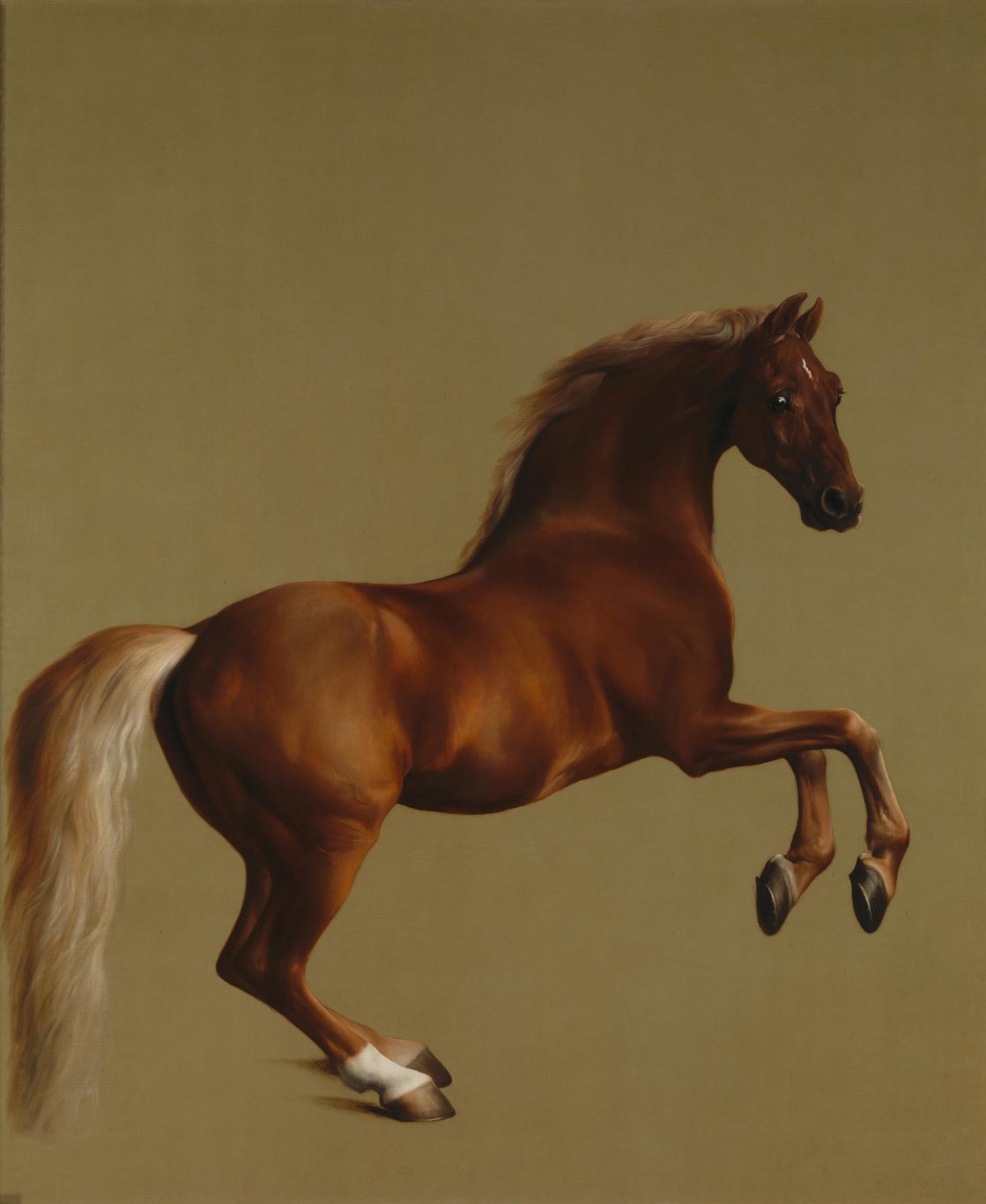1.
Gunshots go off in threes somewhere across
The water. Unreal as stage-side thunder
They still sound us another unwelcome
Signal, to remind us of new loss
On an otherwise quiet day. We wander
Through a thousand pines lately succumbed
To wind or water, pressed flat on the hill
Like grass on which a body lay, shallow
Root beds pulled up. They’ve become frilled flowers
Caked ghostly with crumbling white earth. The tranquil
Sounds of the lake are like sleep, and fallow
As the fields we sit for what feels like hours
In an old duck blind, at ease on thatched thrones
Of straw and soil, flattering ourselves we’re simple
As the whistle of wind and waves that bring
Songs as they discard themselves onto stones.
2.
Deer panicked last night in the cold scalpel
Of our headlights, swiftly disappearing.
Like them, we were startled, and we were lost.
Half of them are dead by now, one day on,
The others driven away. The partnered shrieks
Of blue jays in the bare trees accosted
Us in the forbidding December dawn,
Alarming us from troubled sleep like creaks
Of doors not opened in years, harsh cries
Not anarchic but made to mimic hawks,
Even mock simple human sentences,
Counterpoint, crescendo, coda, reprise.
3.
At the fortress dam, we step onto the docks,
So many starlings in the trees they crowd our senses
Till there is nothing else. A lonely
Melody escapes the multitudinous ferment,
Then blends into the din again, lone
But never unaccompanied, or only
A trick of our ears, and what it meant
Or might have meant is just as quickly flown.
4.
We work our way along the barren shore,
Hiking through thorns to a flooded quarry.
A northern harrier floats high overhead,
A mote in winter clouds, making her kingdom.
We below must learn ways to speak, to design,
Serve, and remember, each of us no more
Than a conduit of kindness and crime, worry
And wish. The hawk’s beauty seems almost a sign
That nothing kills more than it creates,
Or is wrong with what we finally become.
The unpredictable sun surges
And fades through quickening clouds. Trees lean
And then resume their full heights, briefly freed
From the impatient wind’s unending urges.
We recline on the sloping meadow, difficult mates,
Watching the light change, watching it recede
On the black water below, where, unseen,
Silver carp and the deeper catfish feed.
5.
We await the hawk’s eventual descent,
A small portion of the world’s endless hunt
And hunger. How is it we can go through
Our lives without being routed or sent
To madness, wild with all we want,
And filled to vastness with all we view?
We hear the far guns go off again,
Their echoes growing louder on the lake.
6.
The hawk drops until she’s lost from sight.
Though reluctant to leave the glen,
We stand, wipe dirt from our hands, and start to make
Our way, but linger to behold another flight:
Gangs of brittle sycamore leaves, buoyant forms
Sharp at their margins, stir in wind, urge and yield
Like big flocks of birds, borne aloft, as one,
On sustaining currents, go up in restless swarms,
Rising, and our eyes follow them, and we shield
Our faces, and wince as they enter the sun.

Ernest Hilbert is the author of three collections of poetry, Sixty Sonnets (2009), All of You on the Good Earth (2013), and Caligulan (2015), as well as a spoken word album recorded with rock band and orchestra, Elegies & Laments, available from Pub Can Records. He hosts the E-Verse Equinox Reading Series at Fergie’s Pub and works as an antiquarian book dealer in Philadelphia, where he lives with his wife, an archaeologist.




